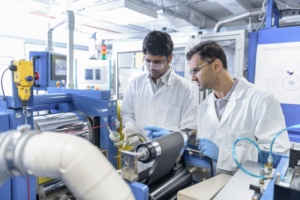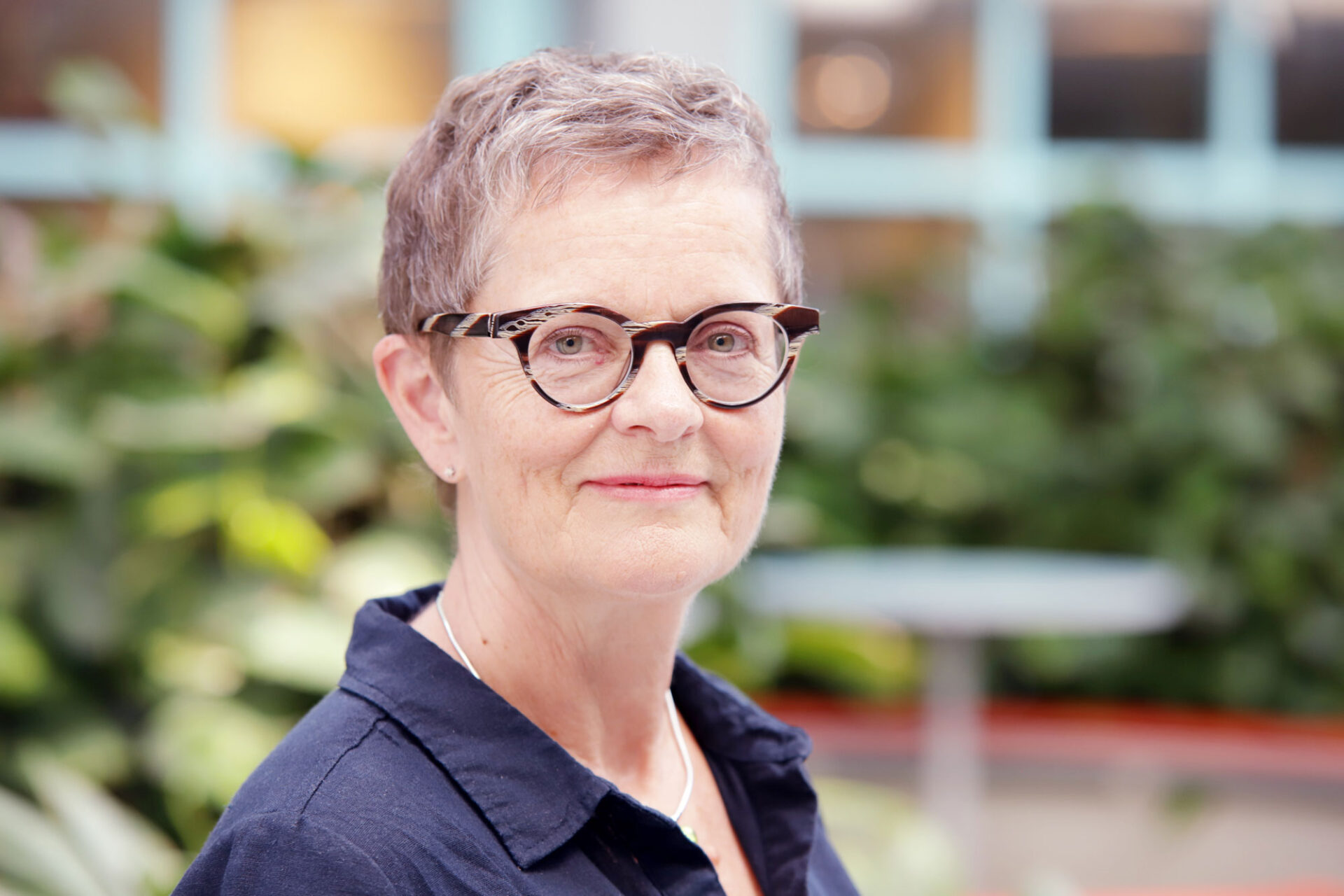Catalysts
The productivity of cobalt-based catalysts is known to be much higher than that of iron-based catalysts. However, since iron-based catalysts are much cheaper, impacting on the overall cost of the process, it is debatable whether a cobalt-based catalyst is truly the optimal catalyst for all BTL-processes. Syngas coming from the entrained flow gasifier will typically have H2:CO ratio close to 0.5. To utilize the potential of the Co-based catalyst, increasing the H2:CO ratio in the syngas with water-gas-shift (CO + H2O = CO2 + H2) is necessary.
Laboratory testing
In the GAFT project, six cobalt- and six iron-based Fischer-Tropsch catalysts have been tested in laboratory fixed-bed reactors at relevant FT conditions. All catalysts are tested at reactor temperatures from 210 to 270 °C and H2:CO ratios from 1 to 2, with and without CO2 in the syngas. Selected results obtained with H2:CO = 1.0 are shown below. A general trend is that Fe based catalysts give lower CH4 and higher CO2 selectivity than the Co-based catalysts.
Biofuel production process
For the biofuel production process, many factors might affect efficiency and performance of a catalyst and the final product yield. The project will continue with more detailed process studies on an iron-based catalyst, i.e. the effect of H2/CO << 1 on product selectivity and catalyst stability.












Comments
No comments yet. Be the first to comment!